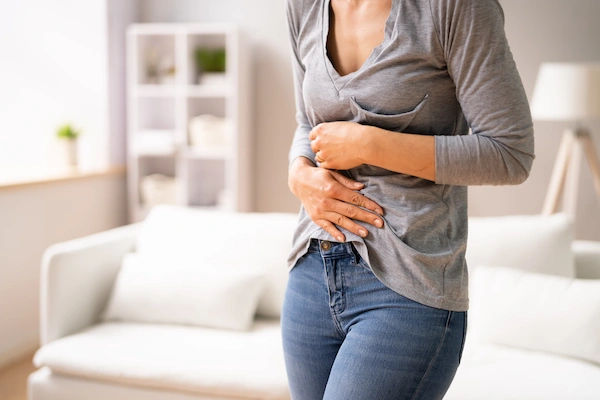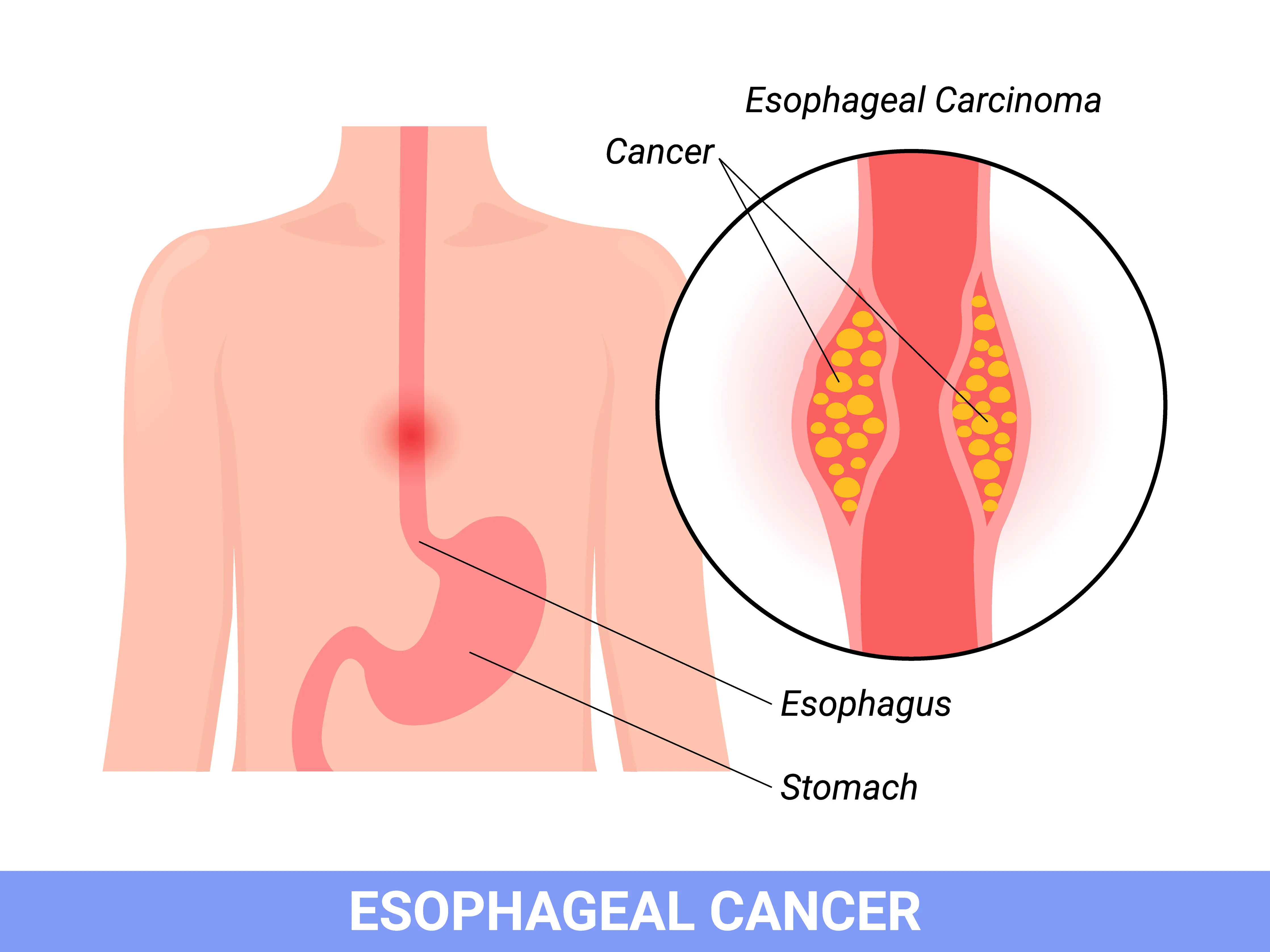- Male
- 25 Years
- 29/01/2025
I'm dealing with piles and I'm wondering if it's okay to eat bread and drink tea. Are there specific things I should be eating or avoiding with this condition? Any tips or a healthy diet plan you could suggest would be really helpful.
Answered by 1 Apollo Doctors
Breathlessness in Your Wife
Persistent Breathlessness: A Concern
Possible Causes
- Anxiety or stress: Anxiety can cause rapid breathing, leading to breathlessness.
- Respiratory issues: Conditions like asthma, COPD, or pulmonary embolism can cause breathlessness.
- Cardiovascular issues: Heart conditions like heart failure, arrhythmias, or cardiomyopathy can lead to breathlessness.
- Anemia: Low red blood cell count or hemoglobin can cause breathlessness.
- Hormonal changes: Hormonal fluctuations during menopause or pregnancy can lead to breathlessness.
Recommended Steps
- Consult a doctor: Schedule an appointment with a primary care physician or a pulmonologist.
- Diagnostic tests: The doctor may recommend tests like:
- Pulmonary function tests (PFTs)
- Chest X-ray
- Echocardiogram
- Complete blood count (CBC)
- Lifestyle changes: Encourage your wife to:
- Practice relaxation techniques like deep breathing, yoga, or meditation
- Engage in regular physical activity
- Avoid smoking and secondhand smoke
- Maintain a healthy weight
Monitor and Follow Up
- Keep a symptom journal: Record the frequency, duration, and severity of breathlessness episodes.
Dr. Ibrahim Suggests...
Consult a Gastroenterology/gi Medicine Specialist
Answered 04/07/2025
0
0

More Gastroenterology/GI medicine Health Queries
View allI'm dealing with a diagnosis of lax LES and esophagitis grade A, and it's really frustrating because it feels like food is stuck in my upper abdomen. How long is this going to take to heal completely?
Healing of Grade A esophagitis can take 26 weeks with appropriate treatment. Lax LES can be managed through lifestyle changes and medication, but complete resolution might require ongoing care. Consistent treatment and lifestyle modifications are important for long-term relief.
Answered by 1 Apollo Doctors
How long is too long to be constipated?
Any length of time is a concern when a person has hard stools or constipation. But after three days, stools become harder and difficult to pass needing a medical intervention or procedure to clear out the impacted stools.
Answered by 1 Apollo Doctors
I'm dealing with jaundice and my levels are at 7.5 points. My eyes have turned completely red, and I've developed a skin rash that's incredibly itchy. When I rub the rash, it leaves behind this white skin dust. Could you give me some advice on how to treat this? I'm really worried.
accompanied by red eyes, skin rash, and itchy skin, requires immediate medical attention. _Possible Causes_ 1. _Hepatitis A, B, or C_: Viral infections that cause liver inflammation. 2. _Drug-induced jaundice_: Certain medications can cause liver damage. 3. _Allergic reactions_: Medications or other substances can trigger allergic reactions. _Urgent Steps_ 1. _Consult a doctor_: Visit your primary care physician or a gastroenterologist immediately. 2. _Blood tests_: Get tested for hepatitis, liver function, and other potential causes. 3. _Stop medications_: Inform your doctor about all medications you're taking, as some may need to be discontinued. _Self-Care_ 1. _Stay hydrated_: Drink plenty of water and electrolyte-rich fluids. 2. _Avoid scratching_: Try to resist scratching the itchy skin to prevent further irritation. 3. _Apply topical creams_: Over-the-counter hydrocortisone cream or calamine lotion may help soothe the skin.
Answered by 1 Apollo Doctors
Disclaimer: Answers on Apollo 247 are not intended to replace your doctor advice. Always seek help of a professional doctor in case of an medical emergency or ailment.



